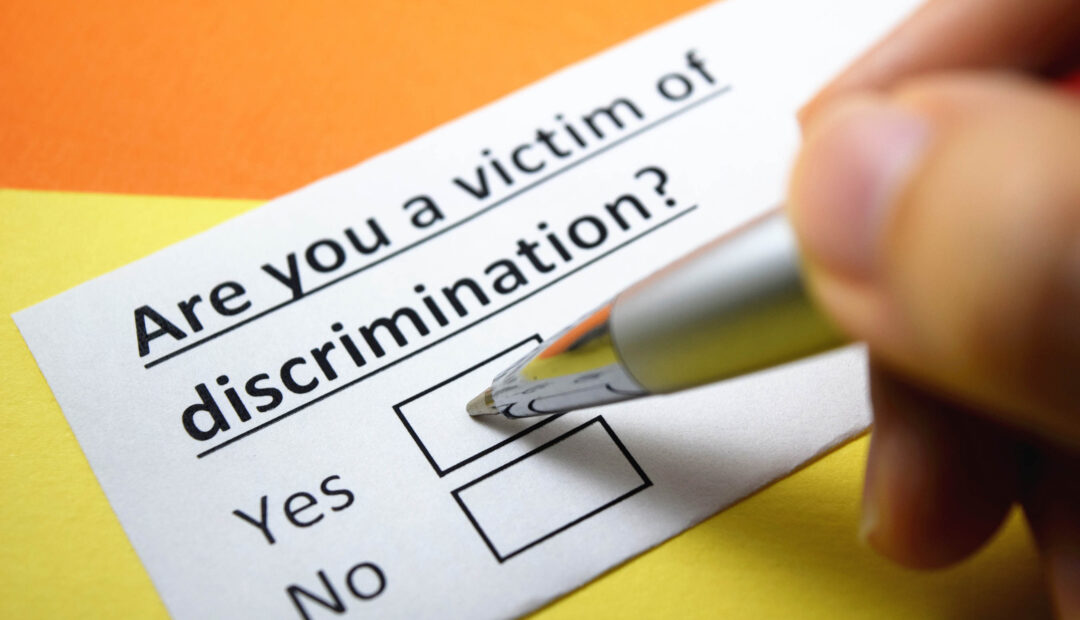A new bill introduced last week in Georgia echoes similar legislation from nearly a decade ago, protecting religious rights and potentially giving people and groups a license to discriminate.
According to AP News, the bill would protect “religious rights from being trampled by state and local governments in a measure opponents say would provide a legal shield” for discrimination in the name of religion.
The bill, named the Religious Freedom Restoration Act after the 1993 federal law, was first introduced in 2016, but was vetoed by then-Gov. Nathan Deal after Georgia’s businesses owners voiced concern over drops in tourism and employment, and protests from the LGBTQ+ community raised concerns that discrimination on the basis of religion would be legal and encouraged. Currently, Georgia does not have a statewide law banning discrimination.
According to the Georgia Recorder, Senator Ed Setzler, the bill’s sponsor, said it would “plug a gap in a federal law by adding protections that put the First Amendment right to exercise religion on the same level as the right to freedom of speech, assembly and the press.” The new version of the bill was filed last year and passed through the Senate Judiciary Committee with a 6-3 vote.
Those who oppose the bill fear that private businesses might use it in unethical practice, like denying birth control coverage to employees.
The use of religious beliefs as a reason to not support, or provide goods and services to LGBTQ+ people, has been a hot topic across the U.S. in recent years. A Colorado-based baker, Jack Phillips, won a U.S. Supreme Court case over his right to deny service to a gay couple seeking a wedding cake based on his Christian beliefs in 2018. Similar cases raise the same question throughout the country continuously: can you legally discriminate against LGBTQ+ people on the basis of religion? Unfortunately, so far the answer has been yes.
Another anti-LGBTQ+ bill was advanced last week when a Georgian House subcommittee pushed forward a measure to ban transgender students from using a bathroom that aligns with their gender identity in public schools. The bill received a similar reaction from Georgian legislators, with Republicans claiming the rights and freedoms of Georgians must be protected, while Democratic leaders claim these “protections” are in reality, extremely harmful.


